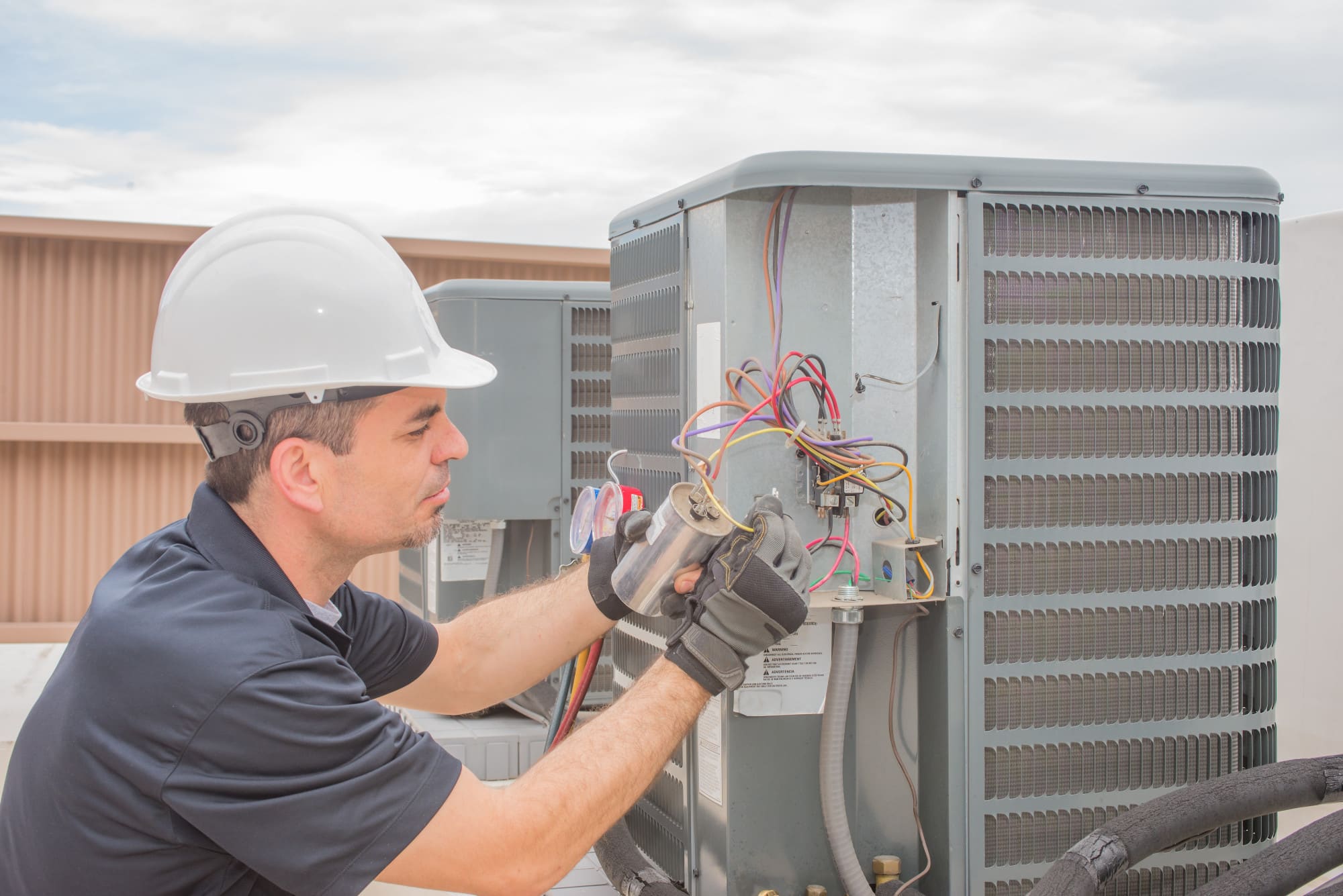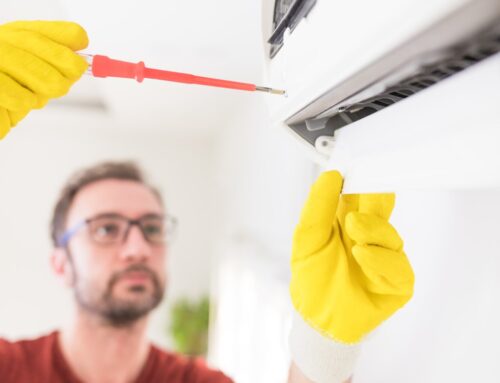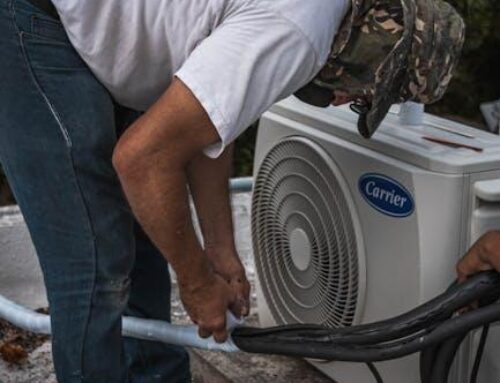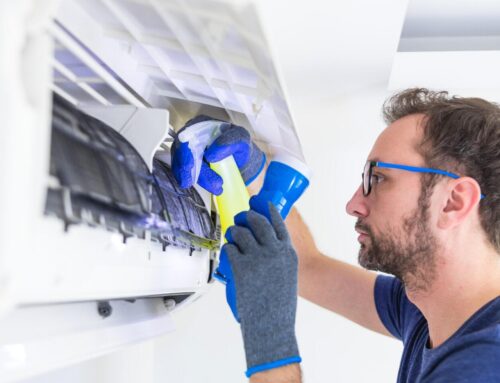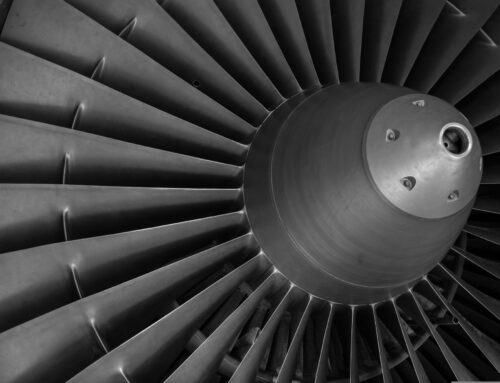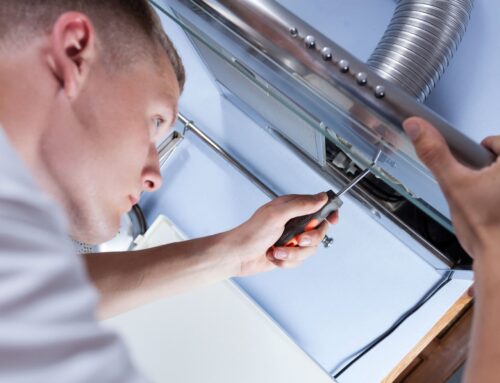Your worst nightmare has come true: your HVAC system isn’t functioning as it should during one of the warmest days of the season. If this sounds familiar, you know how awful it can be to sit through even an hour of sweltering heat. Tennessee and our surrounding states saw a record heat wave just earlier this year. And while every homeowner hopes they’ll be able to get emergency service for a broken HVAC unit right away, in a situation like that, you may find you have to sit tight for a bit! For this reason, it’s always a good idea for homeowners to know the basics of HVAC repairs.
While homeowners shouldn’t tackle in-depth fixes as a DIY job, a few quick HVAC troubleshooting tips may be enough to solve the problem, or at least to buy you some time until an expert can take a look. Here’s what you should know.
1. Double Check the Power
Before your fears start to snowball, make sure that your AC isn’t suffering from a power failure. If you blow a fuse or trip a circuit breaker in your home, for example, your AC might short out as a result. Make sure you’ve addressed any power issues before looking for other problems.
2. Check for Thermostat Issues
Sometimes, it’s the thermostat and not the HVAC system with the problem. This is especially true if you have an older-model thermostat, or if you have a smart thermostat whose functions you aren’t familiar with. Try lowering the temperature all the way down to see if it kicks your AC into gear.
3. Check Your Air Filters, Fans, Vents, and Ducts
You might be surprised at how much damage a clogged air filter or vent can do to your system. When air can’t blow as needed, your HVAC might freeze up or have difficulty identifying the temperature in your home. Check and replace any clogged filters in your system with a quality filter, and make sure there’s nothing blocking your vents, fans, and registers.
4. Inspect Your Ducts
Don’t forget to also check your ducts: disconnected or fallen ductwork makes it impossible for your HVAC to send air into certain areas of your home. You can reconnect these portions yourself with duct tape, but make sure to call in a pro for expert HVAC services.
5. Clean Your Drainage Pan
Your HVAC is always creating condensation, which collects into a drainage pan. However, some drainage issues can make your unit shut down. Check your drainage pan and clean it out to see if this helps get your system back into shape.
Let Us Tackle Your HVAC Repairs
If you’ve tried troubleshooting your system’s issues on your own but can’t find the problem, we’re here to help! Our expert team has a wealth of experience helping Tennessee property owners with their HVAC repairs, and we’re standing by to give you a hand. From regular HVAC maintenance to emergency repairs, our team can work with a huge range of brands and models.
Give us a call today to learn more about what we can do for you, or request an appointment online.

